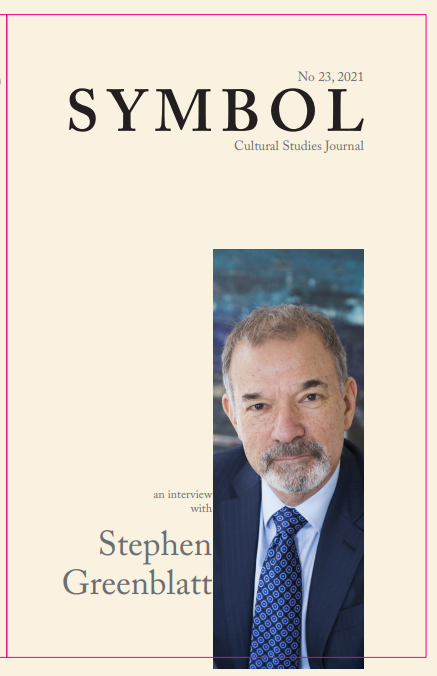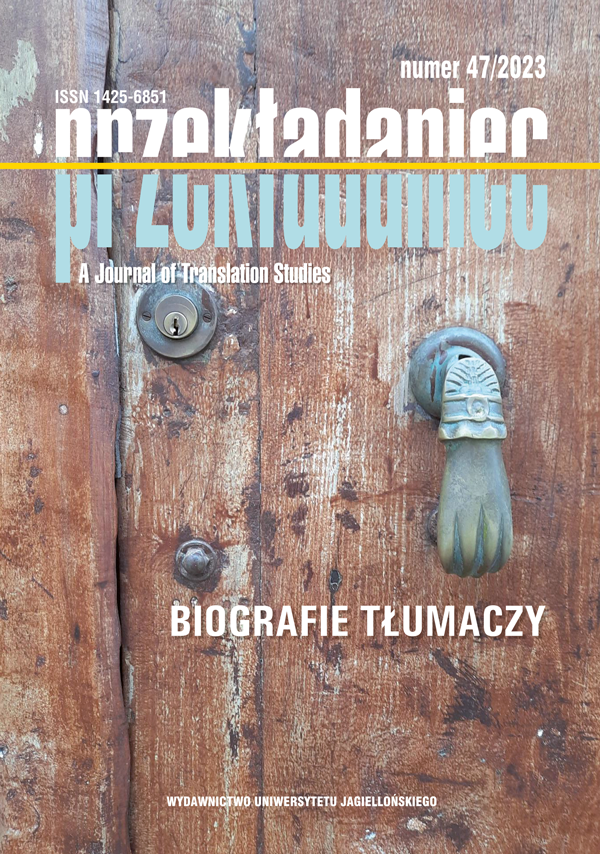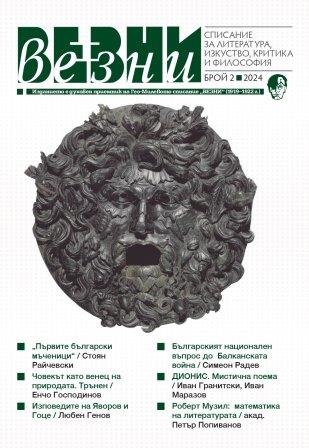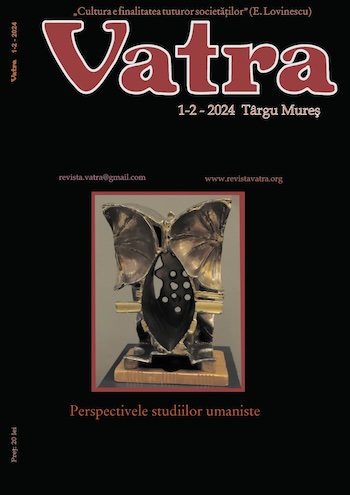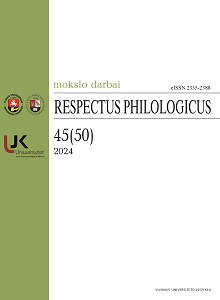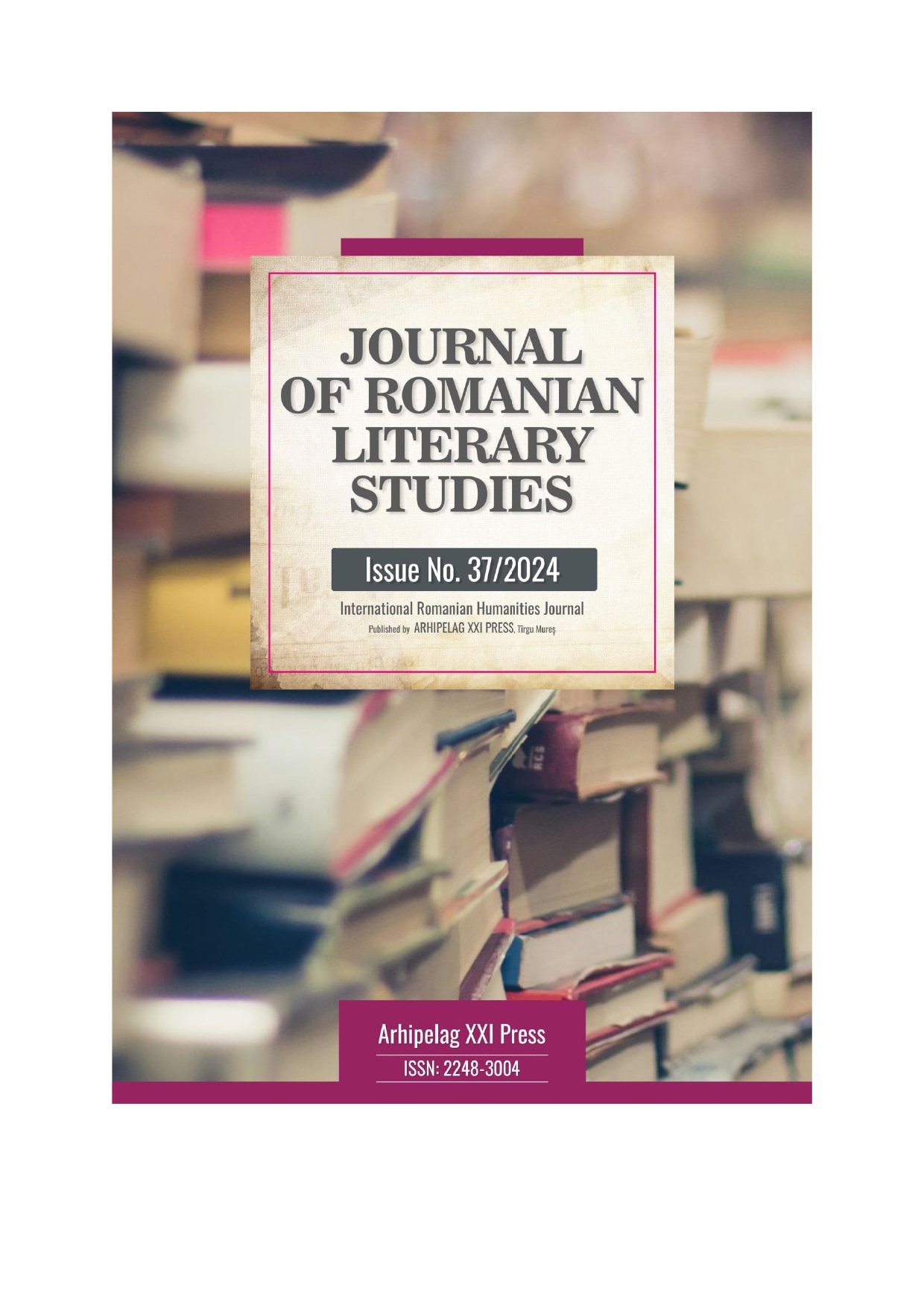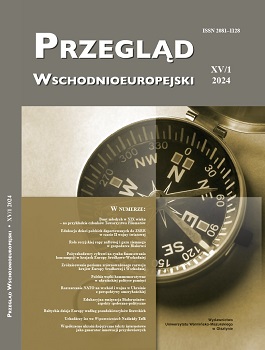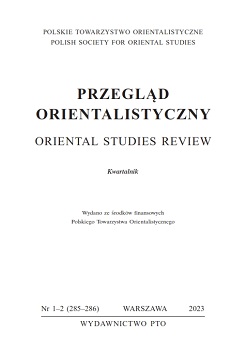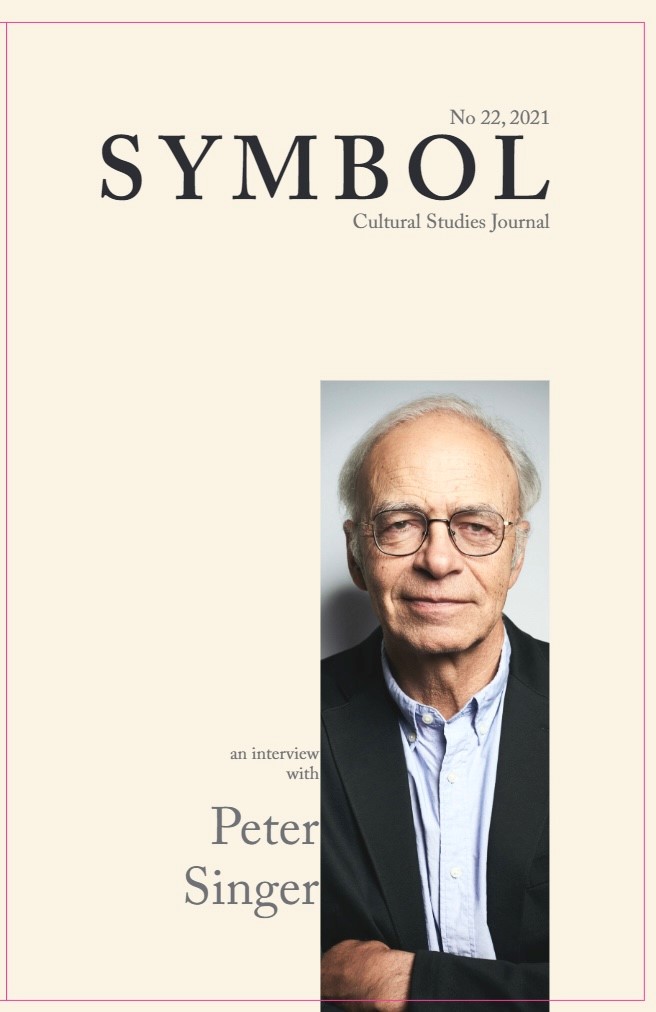
Howl on the Horizon
The publication of Howl is an important date in American literature, because - as a lexicon of obscene words and as a work of political and social revolt - it changed the course that poetry had previously taken. This article is an interpretation of how it was criticized on publication, and accordingly offers a register of words, evidence of ‘scandal’ and comment on a literary phenomenon. With the piece focusing on the horizon of expectation - a term devised by H. R. Jaus - the title itself reflects how Ginsberg was perceived in his time: a howl on the horizon.
More...
